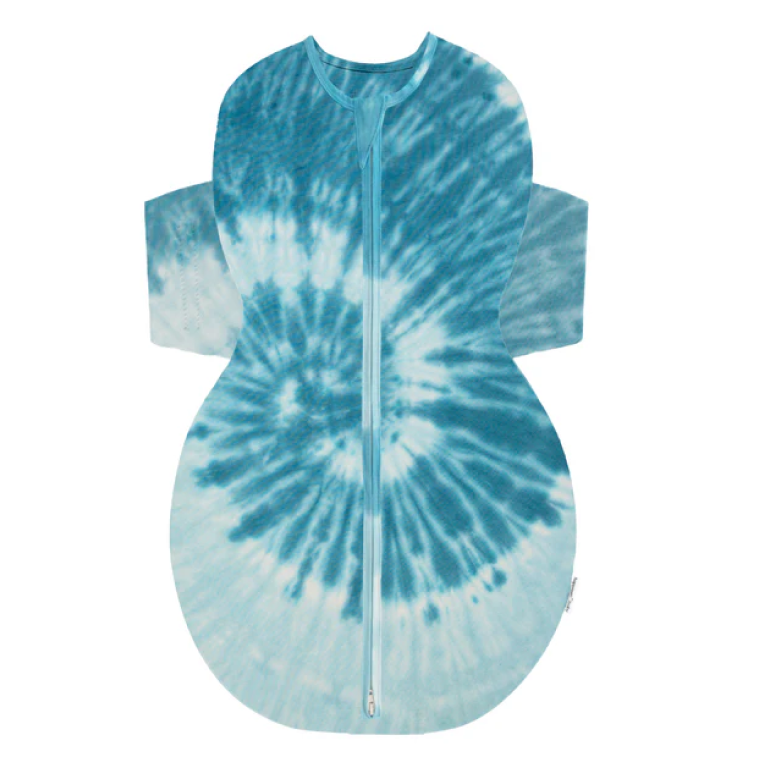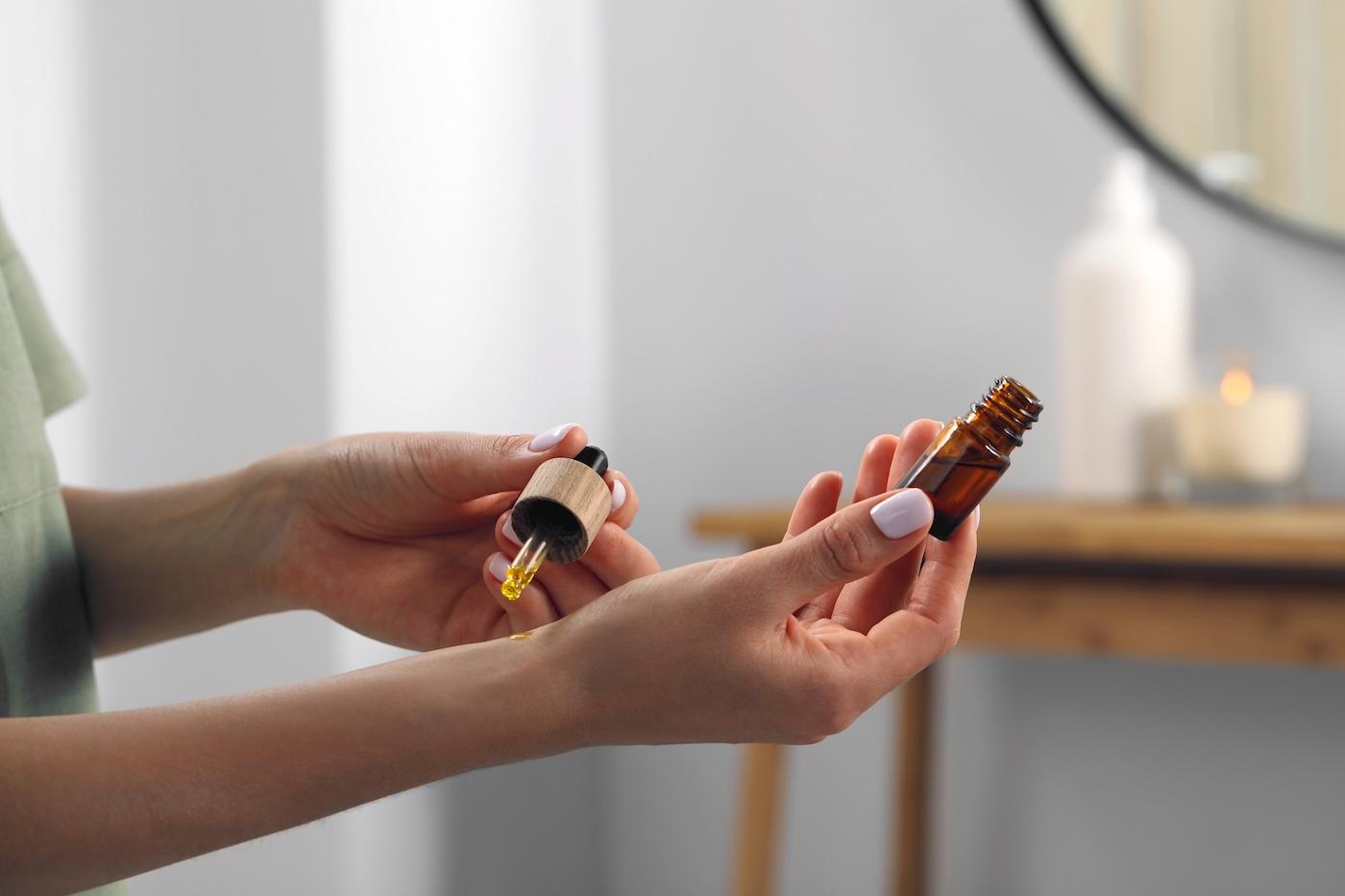PREGNANCY
Is Miso Soup Safe to Eat While Pregnant?
Find out if this savory starter is on or off the menu during pregnancy.

Written by
Happiest Baby Staff

Yes! When made and handled safely, miso soup can be a healthy, comforting choice during pregnancy. Soy products—like miso—are included among the normal protein foods recommended during pregnancy by the American College of Obstetricians and Gynecologists (ACOG). The main watchouts are sodium and iodine (from seaweed add-ins).
Is miso soup safe to eat while pregnant?
Here’s a breakdown of some of the key nutrients in miso soup:
- Sodium: U.S. guidance recommends keeping sodium under 2,300 mg per day (that’s about a teaspoon) for teens and adults (including pregnant adults). Lots of bowls of miso soup land in the 600–1,000 mg sodium range, depending on recipe or brand (miso paste is naturally salty). Even one tablespoon of miso paste can pack more than 600 mg of sodium. So, if the rest of your diet is higher in sodium, miso soup could push you to or over that limit.
- Iodine from seaweed: Pregnancy iodine needs are 220 mcg/day (WHO suggests 250 mcg/day). The upper limit (UL) is 1,100 micrograms/day—that’s because too much iodine can interfere with thyroid function. Seaweed iodine content varies a lot: kelp/kombu can deliver thousands of mcg per gram, while nori and wakame are much lower. For context, 2 tablespoons of dried nori has about 116 micrograms of iodine, so it’s unlikely that you’ll overdo it with one bowl of miso soup!
- Probiotics from miso soup: Fermented miso can contain live microbes, but probiotics are only probiotics if they’re still alive. Heat (like boiling) and pasteurization can kill them. Many commercial misos are pasteurized, so hot soup may not offer probiotic benefits.
Benefits of Eating Miso Soup During Pregnancy
- Protein: The tofu in miso soup is a healthy protein source during pregnancy.
- Iodine: Seaweed can help meet your daily iodine needs.
- Light and hydrating: Great for nausea days—just make sure your sodium’s in check.
Risks or Considerations
- High sodium: Some miso soups take a big bite out of your daily limit in one serving.
- Excess iodine: It’s unlikely a little bit of seafood will bump your iodine up too much, but you might want to watch it if you’re also taking a prenatal vitamin with iodine.
- Soy sensitivity: Avoid if you have an allergy or intolerance.
How to Safely Eat Miso Soup While Pregnant
- Choose low-sodium broth and avoid extra salty condiments.
- Stick to wakame/nori in small amounts; avoid large kelp/kombu pieces.
- For more live cultures, stir in unpasteurized miso off the heat.
Organic vs. Non-Organic Miso
Some parents prefer organic miso to reduce exposure to synthetic pesticide residues. Research shows organic foods generally have lower pesticide residues than conventional foods. There’s no clear evidence that organic miso offers more nutrients, but organic farming may have environmental benefits—like reduced chemical runoff and healthier soil. If minimizing chemical exposure is important to you, look for trustworthy certifications, such as USDA Organic.
When to Check with Your Doctor about Miso Soup
- If you’re on a low-sodium diet (e.g., chronic hypertension).
- If you have thyroid disease—iodine intake may need closer monitoring.
The Bottom Line
Miso soup can be a cozy, pregnancy-friendly choice! Keep sodium under control, use lower-iodine seaweeds in modest amounts, and don’t count on hot soup for probiotics. Organic miso is a personal preference—nutritionally similar, but with lower pesticide residues.
More on Healthy Eating During Pregnancy:
- Healthy Ways to Satisfy Your Pregnancy Cravings
- Nutrients You Need While Pregnant
- Must-Have Nutrients for Vegetarian Pregnancies
- Is Fish Safe for Pregnancy?
- The Truth About Caffeine During Pregnancy
***
REFERENCES
- American College of Obstetricians and Gynecologists: Nutrition During Pregnancy
- Centers for Disease Control and Prevention: About Sodium and Health
- United States Department of Agriculture FoodData Central: Miso
- National Institute of Health Office of Dietary Supplements: Iodine Fact Sheet (Pregnancy)
- Teas J, et al. Variability of iodine content in seaweed. Thyroid Research. 2011;4:14.
- Food and Agriculture Organization of the United Nations: Probiotic definition
- Food and Drug Administration: Pasteurization guidance
- Barański M, et al. Higher antioxidant and lower pesticide levels in organic crops. Br J Nutr. 2014;112(5):794-811.
- United States Department of Agriculture: National Organic Program
Disclaimer: The information on our site is NOT medical advice for any specific person or condition. It is only meant as general information. If you have any medical questions and concerns about your child or yourself, please contact your health provider.
SHARE THIS ARTICLE
MOST LOVED
Sleepytime Sidekicks












